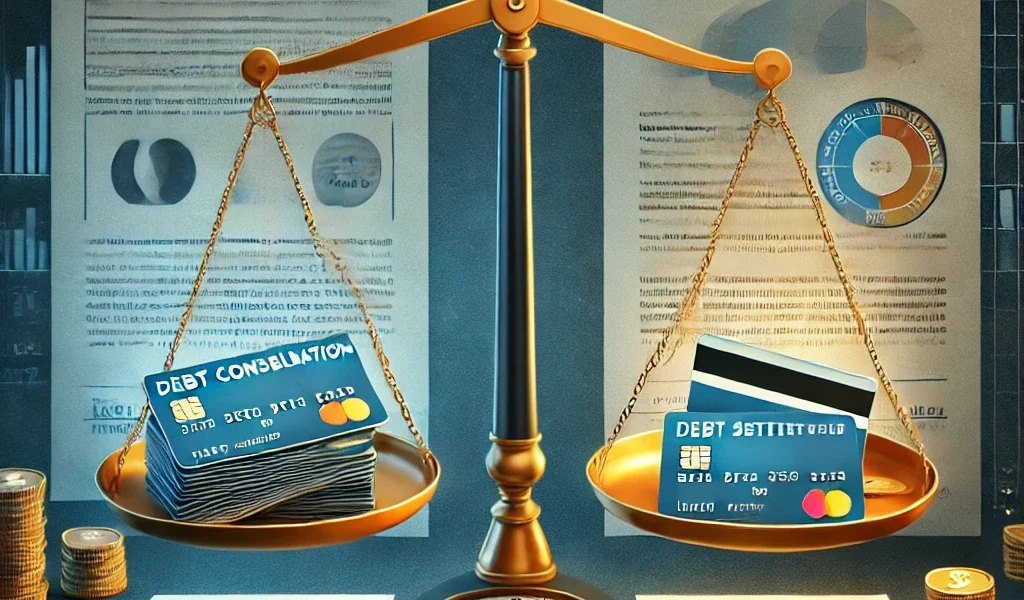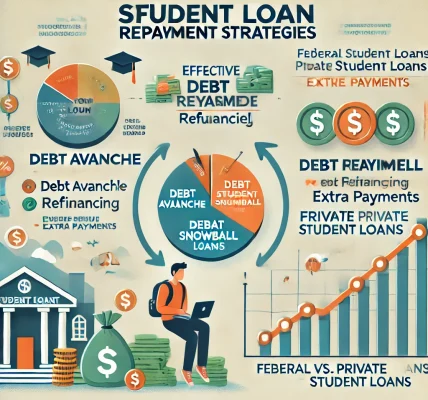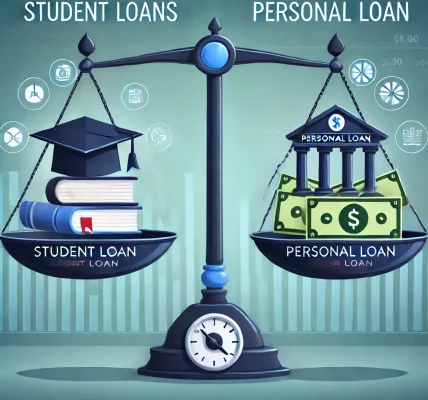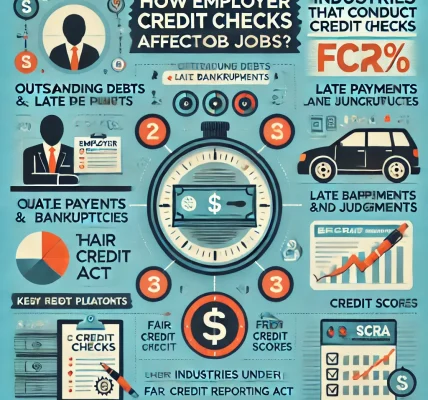Debt can be overwhelming, but if you’re struggling to manage multiple payments, you may have heard of two potential solutions: debt consolidation and debt settlement. While both options aim to help you regain financial stability, they work in very different ways. Understanding the differences, benefits, and risks of each can help you make an informed decision.
In this DIY guide, we’ll break down everything you need to know about debt consolidation vs. debt settlement so you can determine which approach is best for your financial situation.
Understanding Debt Consolidation
What is Debt Consolidation?
Debt consolidation is the process of combining multiple debts into a single loan or credit account. The goal is to simplify your finances by making one manageable monthly payment, often at a lower interest rate.
How Debt Consolidation Works
There are several ways to consolidate debt:
- Personal Loan – You take out a loan to pay off all your existing debts, leaving you with a single loan payment.
- Balance Transfer Credit Card – You transfer all your credit card balances onto one low or 0% interest credit card.
- Home Equity Loan or HELOC – If you own a home, you can borrow against your home’s equity to pay off your debts.
- Debt Consolidation Program – Some financial institutions offer structured programs to help you manage and pay off debt.
Pros of Debt Consolidation
✔ Lower Interest Rates – Reduces the amount of interest paid over time. ✔ One Monthly Payment – Simplifies debt management. ✔ Improves Credit Score – Making timely payments can boost your credit. ✔ Fixed Repayment Schedule – Clear timeline for debt repayment.
Cons of Debt Consolidation
❌ May Require Good Credit – Getting approved for a lower-interest loan can be challenging with poor credit. ❌ Doesn’t Reduce Total Debt – You still owe the full amount, just in a different form. ❌ Risk of More Debt – Without financial discipline, you may continue to rack up new debt.
Understanding Debt Settlement
What is Debt Settlement?
Debt settlement involves negotiating with creditors to reduce the amount of debt you owe. Typically, you or a debt settlement company will work with creditors to settle your debts for less than the full balance.
How Debt Settlement Works
- You stop making payments to creditors and instead save money in a dedicated account.
- Once you have enough savings, a settlement offer is made to your creditors.
- If accepted, you pay the agreed amount, and the rest of the debt is forgiven.
- The settled debt is reported as “paid, settled” on your credit report.
Pros of Debt Settlement
✔ Potentially Reduce Debt – You may pay significantly less than the original balance. ✔ Avoid Bankruptcy – Can be a last resort before filing for bankruptcy. ✔ Debt-Free Faster – Some settlements resolve debt in 2-4 years instead of decades.
Cons of Debt Settlement
❌ Damages Credit Score – Missed payments before settlement can severely lower your score. ❌ Tax Implications – Forgiven debt may be considered taxable income. ❌ No Guarantee of Success – Creditors are not obligated to accept settlement offers. ❌ Debt Settlement Fees – If using a company, you may have to pay high service fees.
Key Differences Between Debt Consolidation and Debt Settlement
| Feature | Debt Consolidation | Debt Settlement |
|---|---|---|
| Goal | Simplifies payments & lowers interest | Reduces total debt owed |
| Impact on Credit | Can improve credit if payments are made on time | Can damage credit due to missed payments |
| Timeframe | Long-term repayment (3-7 years) | Shorter resolution (2-4 years) |
| Who Benefits? | People with steady income and fair/good credit | People in financial hardship struggling with payments |
| Costs | May involve loan fees or balance transfer fees | May involve settlement fees and potential tax liabilities |
Which Option is Right for You?
Choose Debt Consolidation If:
✔ You have multiple high-interest debts and want a structured repayment plan. ✔ You have good or fair credit and can qualify for a lower interest rate. ✔ You want to avoid damaging your credit score. ✔ You have a steady income and can make regular payments.
Choose Debt Settlement If:
✔ You are overwhelmed with debt and can’t afford monthly payments. ✔ You are already behind on payments and facing collections. ✔ You are willing to accept a temporary drop in credit score to become debt-free faster. ✔ You can save up lump sums for settlement negotiations.
DIY Debt Consolidation & Debt Settlement Tips
For Debt Consolidation:
- Compare Loan Offers – Shop for the best interest rates and terms.
- Check Your Credit Score – Ensure you qualify for favorable loan terms.
- Create a Budget – Avoid racking up new debt while paying off the consolidated amount.
- Make Payments on Time – This is crucial for credit score improvement.
For Debt Settlement:
- Negotiate Yourself – You can call creditors and negotiate settlements without a company.
- Get Settlement Agreements in Writing – Ensure creditors provide a written confirmation of the settled amount.
- Be Aware of Scams – Many fraudulent companies charge fees without delivering results.
- Consider Legal and Tax Implications – Consult a tax professional to understand potential liabilities.
Final Thoughts
Both debt consolidation and debt settlement offer solutions for managing debt, but they serve different financial situations. Debt consolidation helps those who can manage payments but want better terms, while debt settlement is a last resort for those struggling to pay anything at all.
Before deciding, assess your financial situation carefully. If needed, seek guidance from a financial advisor or nonprofit credit counseling service to explore the best path forward.




